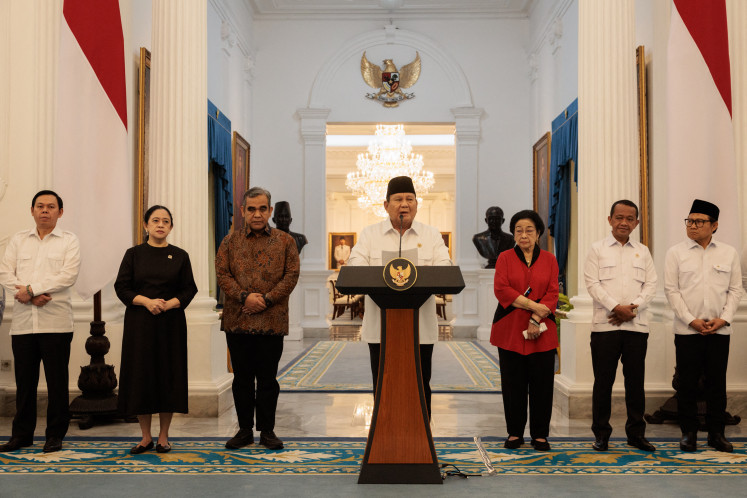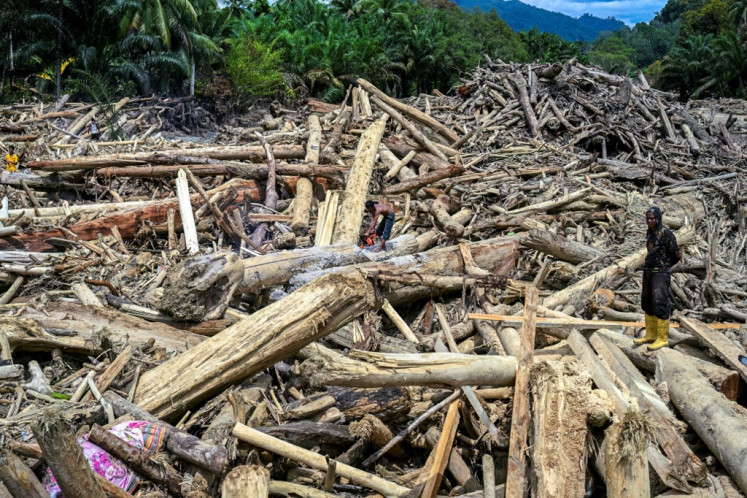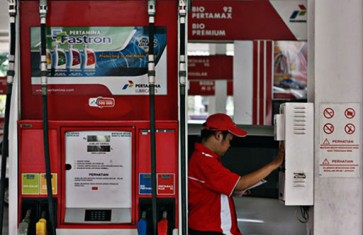Popular Reads
Top Results
Can't find what you're looking for?
View all search resultsPopular Reads
Top Results
Can't find what you're looking for?
View all search resultsReforming fossil fuel subsidies in Asia
Change text size
Gift Premium Articles
to Anyone
E
nergy is heavily subsidized across the globe and energy subsidies exert an extensive economic burden on many countries, particularly on developing economies.
The Economic Research Institute for ASEAN and East Asia (ERIA) and the International Energy Agency estimate that fossil fuel subsidies amounted to US$51 billion in Southeast Asia in 2012. It is widely accepted that fossil fuel subsidies encourage wasteful energy use and burden government budgets. They also defer investment in energy infrastructure and efficient technology and undermine renewable energy undertakings.
While some ASEAN countries, India and China have acted to remove the subsidies, governments must be cautious in doing so as removing subsidies can often be politically sensitive.
On one hand, energy subsidies incentivize consumption and can result in increased energy demand. Conversely, when the subsidies are inefficient, they can lead to fiscal pressure, harmful emissions and potentially hamper sustainable green growth in East Asia Summit (EAS) countries. Reducing subsidies should encourage more energy efficient consumption, have positive impacts on international energy prices and energy security and make renewable energy and technologies more competitive. The environment and society should also benefit from reductions in local pollution and greenhouse gas emissions.
To support ASEAN and East Asian countries in carrying out sound energy policy reform, ERIA, in cooperation with energy research institutes from the EAS region, has undertaken a study on, “Energy Subsidies Removal in the East Asia Summit Region” at a time when countries in ASEAN and East Asia, such as Malaysia, Indonesia, Thailand, China and India, are embarking on energy reform by removing their energy subsidies.
The key findings suggest potential economic impact of removing the energy subsidies:
In Malaysia’s case, removal of either a petroleum or gas subsidy or both would improve economic efficiency and increase gross domestic product (GDP) by up to almost 1 percent in the short term. The immediate impact would be that the budget deficit would be greatly reduced after removing the government-funded petroleum subsidy.


















